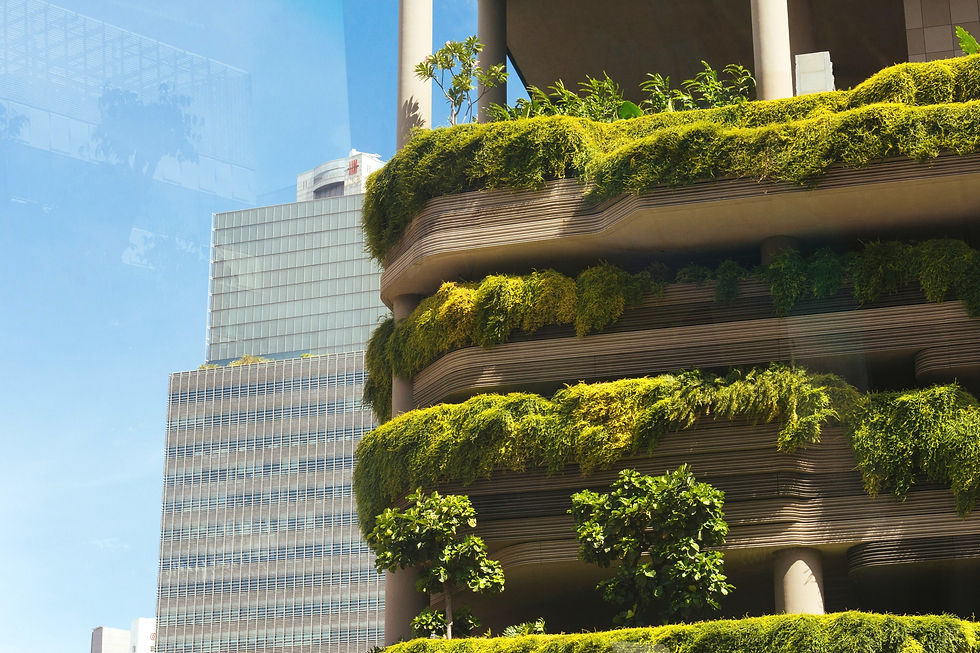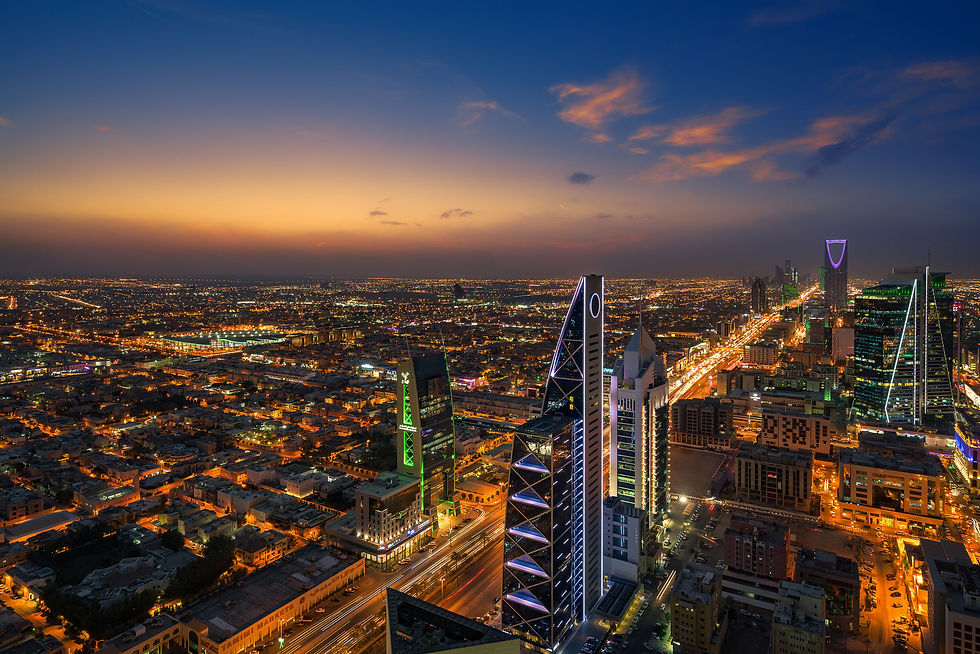
Scope & Tracks

ICSDI is the most dynamic, informative, inspirational, and innovative event organized by the Engineering College of Prince Sultan University (Riyadh, KSA). For the second year, we are using our conferences as an opportunity to connect talented people all over the world with decision-makers and limitless opportunities. The 2026 conference focuses on the State of the Art and Practice in different sustainable development goals (SDG's); as one of the promising and trending Engineering disciplines, this field is still changing rapidly. Along with the diversity of presentations on challenging projects and research, ICSDI 2026 will feature multiple invited speakers on selected topics. The conference will include a wide range of knowledge-enhancing technical and panel sessions, short courses, and workshops.

CONFERENCE THEME
TURNING
VISION
INTO
REALITY
Scope & Tracks

1st Track
Advancing Sustainable Manufacturing and Industrial Ecology
-
Sustainable Energy Solutions in Manufacturing
-
Life Cycle Assessment (LCA)
-
Circular Economy Strategies
-
Green Supply Chain Management
-
Industrial Knowledge Sharing
-
Eco-Design and Sustainable Product Development
-
Digital Technologies for Sustainability

2nd Track
Environmentally-Friendly Construction Materials & Technologies
-
Sustainable Building Materials
-
Life Cycle Assessment of Smart Materials
-
Case Studies of Smart Green Buildings
-
Future Trends in Smart Building Technologies
-
Clean production technologies in construction industry

3rd Track
Renewable Energy and Emerging Technologies for a Sustainable Future
-
Renewable Energy Solutions for Sustainable Electric Transportation.
-
Energy Storage Systems and Advanced Battery Management Technologies.
-
Integration of Renewable Energy Systems into Smart Grids for Urban Sustainability.
-
AI and Machine Learning Applications for Energy Optimization and Smart Solutions.
-
Solar PV Technologies: Design, Integration, and Sustainability Applications.
-
Hydrogen-Based Energy Systems: Towards a Cleaner Future.
-
Smart Grid Architectures for Resilient and Efficient Energy Distribution.
-
Digital Twin and IoT-Based Energy Monitoring for Smart Cities.
-
Communications Technologies and 5G for Energy-Efficient Smart Solution
-
Edge and Cloud Computing for Real-Time Energy Management Systems.
-
Intelligent Energy Solutions for Smart Cities: Urban Planning and Optimization.
-
Power Electronics and Energy Conversion Technologies for Sustainable Systems.
-
Future Trends in Renewable Energy, Smart Grids, and Communication Technologies.
-
Wireless Power Transfer and Energy Harvesting

4th Track
Sustainable Geotechnics and Transportation Infrastructure
-
Soil Stabilization Techniques for Sustainable Infrastructure
-
AI and Machine Learning in Geotechnical Design
-
Climate-Resilient Infrastructure
-
Bioengineering in Soil Stabilization
-
Advanced Monitoring technologies for Infrastructure
-
Advancements in Pavement Materials and Design
-
Smart Transportation Infrastructure
-
Resilient Foundations for Climate-Adaptive Structures
-
Geosynthetics for Sustainable Infrastructure
-
Digital Twin and GeoBIM for Sustainable Infrastructure

5th Track
City Humanization & Future Cities: Shaping Livable, Inclusive, and Resilient Urban Spaces
-
Human-Centric Urban Design for Livable Cities
-
Digital Transformation and the Future of Smart Cities
-
Sustainable Urban Regeneration and Cultural Heritage Preservation
-
Climate Resilience and Resource-Efficient Urban Development
-
Humanized Future Cities for Social Cohesion and Inclusivity
-
Innovations in Urban Governance and Policy
-
Humanized Cities and Salmani Architecture

6th Track
Public-Private Partnerships (PPPs) Towards SDGs
-
PPPs and Foreign Investment
-
Public procurement and contract negotiations
-
PPPs and Dispute Resoution
-
Risk Management in PPPs
-
Policy and Regulatory Framework for PPPs
-
Challenges and Barriers for PPPs
-
Sustainability Practices in PPPs
-
Stake Holder Engament in PPPs
-
Joint venture in PPPs
-
PPPs and governance

Venue
PRINCE SULTAN UNIVERSITY
RIYADH, SAUDI ARABIA









Riyadh
The Saudi Arabia Kingdom is divided into (13) provinces. Riyadh (Ar Riyad) province is one of the largest regions in terms of area after Ash Sharqiyah. Riyadh city locates in the central region of the kingdom, and its area is approximately about 1600 square km.
Riyadh city is Saudi Arabia’s capital and central financial hub. The transformation from a nomadic culture into a modern city; there is no more active sample than in Riyadh at the current. Riyadh, in the meantime, competes with other modern cities worldwide in the magnificence of its architecture. The petroleum sales income by the start of the 1940s helped in converting Riyadh to a chief cosmopolitan industrial center with contemporary transportation and infrastructure systems. Wide-ranging highways extent over the city, passing above or below each other in an exciting and growing network of roads.

Important Dates
Feb 1, 2025
Call for Papers
July 30, 2025
Submission Deadline
August 30, 2025
September 20, 2025
Review Feedback Notification
September 30, 2025
December 30, 2025
January 15, 2026
FEB 08, 2026
Final Papers Due
Conference Begins